I’ve spent at least ten years talking about “regime change in Washington DC”, trying to explain exactly what that entails, and why it’s necessary for the survival of our nation.
Here’s my last go at it. Daddy is a drunk! It’s an allegory.
Before I start with this heartwarming story about a dad who’s a drunk, let me just make one qualifier. When I advocate regime change in our nation’s capitol, I’m not suggesting a violent revolution. In fact, the idea is to AVOID that, because if there is a violent overthrow of authorities here in the U.S., I have no doubt it will be the bloodiest, most horrifying one in history. We as a citizenry are armed to the teeth, are obsessed with and glorify violence in our myths about ourselves as people and as a nation. Even those who claim to abhor violence seem inexplicably tolerant, with all sorts of rationalizations for never getting serious about eliminating guns or attempting to refashion a culture which is predicated on less adversity, competition, and confrontation. I’m not here to argue any of that. I’m just stating the obvious. If there’s another civil war, it will be a bloodbath.
Regime change, from my perhaps naive perspective — and I do mean total regime change — can be accomplished peacefully, humanely, and legally. But understand what I mean is truly, in fact, without qualification or compromise: REGIME CHANGE. It is removing every single person now holding public office from power and replacing them with qualified public officials who will actually serve the citizens of the country.
Today’s message is directed to the hugely vast majority of fellow citizens, who to my utter and complete astonishment, don’t see any need to replace ALL OF THEM. They don’t see that there are times in life, when things can’t be repaired. Something is so broken, it simply has to be tossed in the trash and replaced.
On to the most touching story you’ll read in the next several minutes.
………………………………………………………………………………………………………………………………….
Daddy Is A Drunk!
Daddy in his twenties was pretty much like most guys his age. He liked to go out and have a good time with his buddies. Have a few beers. Cheer the home team at a sports bar.
When he married mom, they’d occasionally share wine with the meal at a nice restaurant, or even once or twice a month have cocktails with their friends or other young couples.
Twenty years later, daddy was a different human being. The kids were in high school, he worked very hard and since he’d been very successful at his job, he didn’t “hang out” with his personal buddies anymore, but spent a lot of time socializing with colleagues from the corporation he worked at, and VIPs from the international customer base they serviced. Lots of travel now. High pressure and high stakes. But he got paid very well for it.
There was one problem. Now he drank constantly. Morning to night. He literally started the day with two stiff tumblers of bourbon, either of which would put most people on their tushies. Drinks at lunch. Drinks at happy hour. As soon as he arrived at home, he’d pour large glasses of whiskey, drink through dinner, then cap the night off with a few “sweet dreams” shots of liqueur before collapsing in a sloppy stupor on their king-size bed.
Daddy was a drunk.
But it wasn’t just his problem. It was a problem for every member of the family, for the few friends he and mommy still had, sometimes even for neighbors. Like when he drove his new Porsche onto the lawn of the neighbors next door, and wiped out $3000 of their professionally-landscaped lawn and garden.
Daddy had changed from a affable, well-liked, often funny, always entertaining young man into a ego-maniacal, self-possessed, graceless, humorless prick. Oh yes, he could still pour on the charm, even be funny, and in his own self-aggrandizing way be entertaining, nice, sympathetic, affable, whatever the occasion might call for. But the Mr. Fun Guy act would eventually fall apart, and behind the scenes he’d again become Mr. Hyde. Life at home was unbearable. He ranted. He paced. Appeared angry most of the time. Never took any real joy or satisfaction out of being there with his wife and kids.
It was tearing the family apart. Correction. Since this had been going on for three years — it started right when their oldest boy started high school — it had already torn the family apart. There was nothing left to salvage. The kids hated daddy. The wife hated daddy.
Over the three years, there had been five sessions of marriage counseling. Daddy had even agreed on and off to get psychiatric help. At least six times Daddy had been in and out of Alcoholics Anonymous. He’d even been to a hypnotist. Except for very brief periods off the bottle — only days, not weeks — it was the same story. And getting worse by the day.
Within the family — at least at first — they’d talk to daddy, plead with him, try to reason with him. They said all the right things. They thought what they said was persuasive and would make a difference: Daddy, you’re destroying yourself. Daddy, when you drink, you’re not the same person we know and love . Daddy, we just want to be with you and want what’s best for you. Daddy, you’ll be a much happier person — we’d all be happier — if you stop drinking. Daddy, you’re going to die if you keep this up. Please, daddy!
Through it all, with the rare glimpses of the pain and havoc he was creating in their lives, with a fleeting awareness that he had a serious problem, that he was hurting himself and those he who loved him, daddy would listen and apologize, promise to do better and claim he really appreciated their concern and help. He would do what was best for all of them and quit. Of course, that never happened. After only a few days off the bottle, when he went back, it seemed like he even drank more.
And so the family was — and still is — facing one stark, disheartening, unavoidable reality.
Daddy is a drunk.
Mommy can’t take it anymore. The verbal abuse. No affection. Nothing resembling companionship. No possibility of communication. Nothing could be done to fix things.
It was time for a drastic solution.
Daddy had to go. He had to be removed from the family before he did any more harm.
Mommy filed for and won a divorce. Daddy was gone.
If life is generous, mommy will find another man to love, to love her, and be the father to the kids they deserve.
……………………………………………………………………………………………………………………………….
What’s the moral of the story? Sometimes things get so bad, there’s so much damage and bad history, you have to start all over.
That’s where we are at with our government, with the elected officials now in office, who time and again, over and over, make it clear they do not and will not serve the people who elected them to do just that. They are beholden to their deep-pocketed patrons, both major parties serve the ruling class. The connection between WE THE PEOPLE and those who are chosen — not by us but by the pay-for-play insiders of the Democratic and Republican parties — for us to vote for on election day, exists as a figment of fantasy, the product of very effective and very deceptive messaging. Regardless of what these puppets say during their money-drenched electoral campaigns, they are not on the side of the people.
We can’t take this anymore. We should be mad as hell!
The abuse of power. No loyalty to the voting public. They sidle up to us when they want our votes, then disappear inside the Washington DC bubble. They talk at us. They don’t listen. The iron grip of the rich and powerful on our current elected officials is absolute. There’s no fixing anything with those now in office.
It’s time for drastic action.
These lapdogs of the rich and powerful need to go. They must be removed before they do anymore damage. Examples: More looting of the Treasury to serve Wall Street and the big investment banks. More stalling on climate change, minimum wage, health care, abortion, criminal justice reform, election reform, infrastructure. None of it will get done. What will get done is privatizing social security, more tax breaks for corporations and the rich . . . MORE WAR!
Throw these bums out! You could randomly go through a telephone directory and select names and come up with a better Congress and White House than this circus of clowns who now pose as our national leaders. No . . . I’m not being funny. I’m dead serious!
And you should be too.


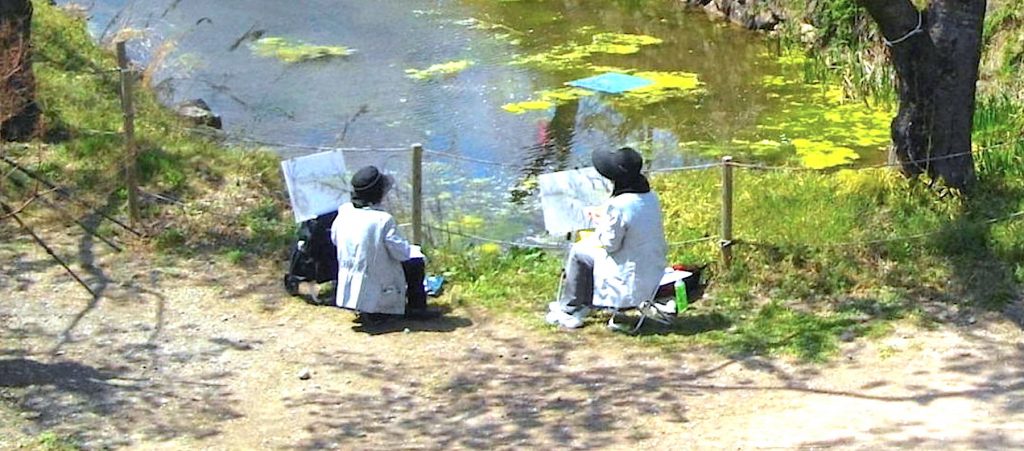
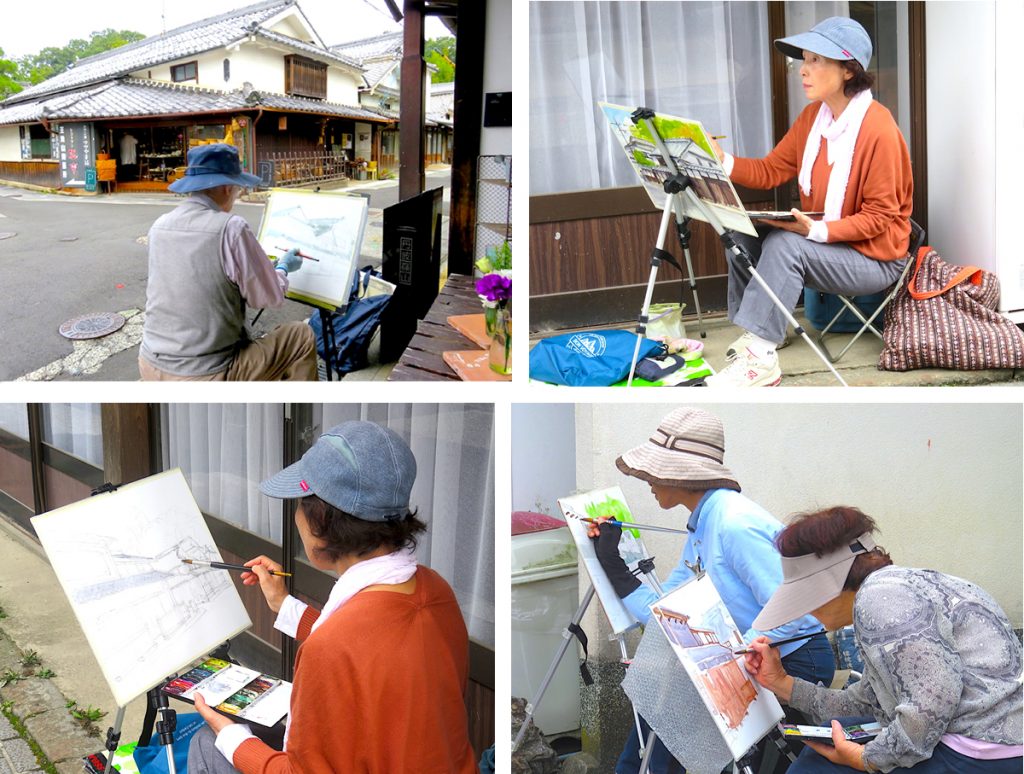

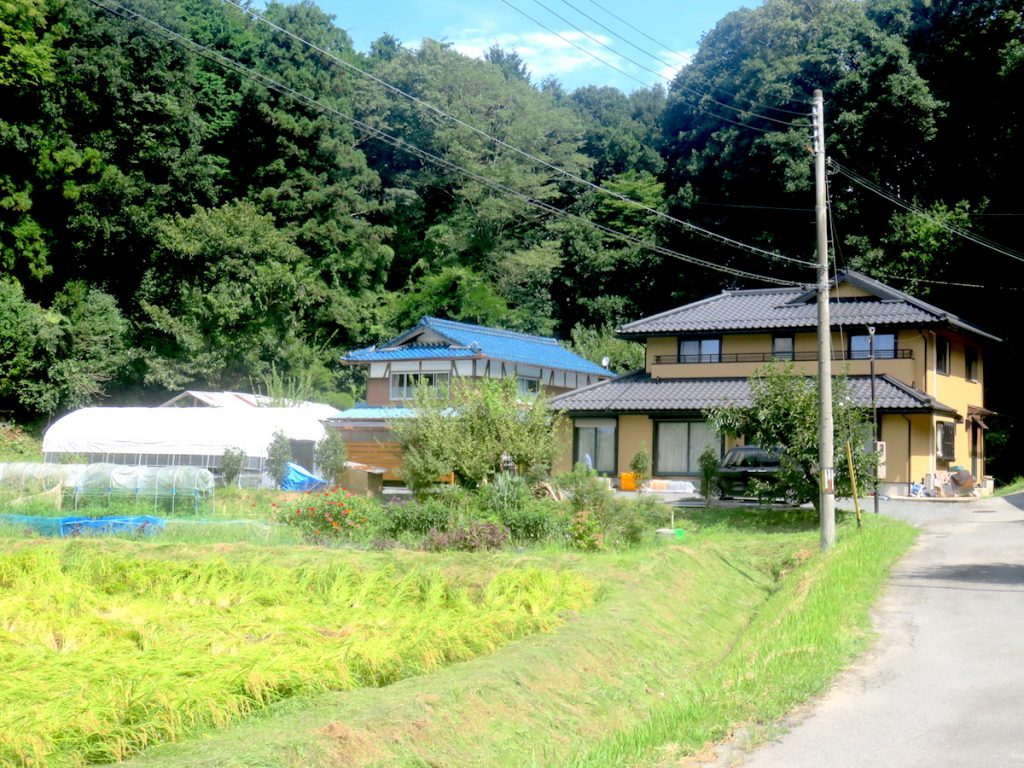

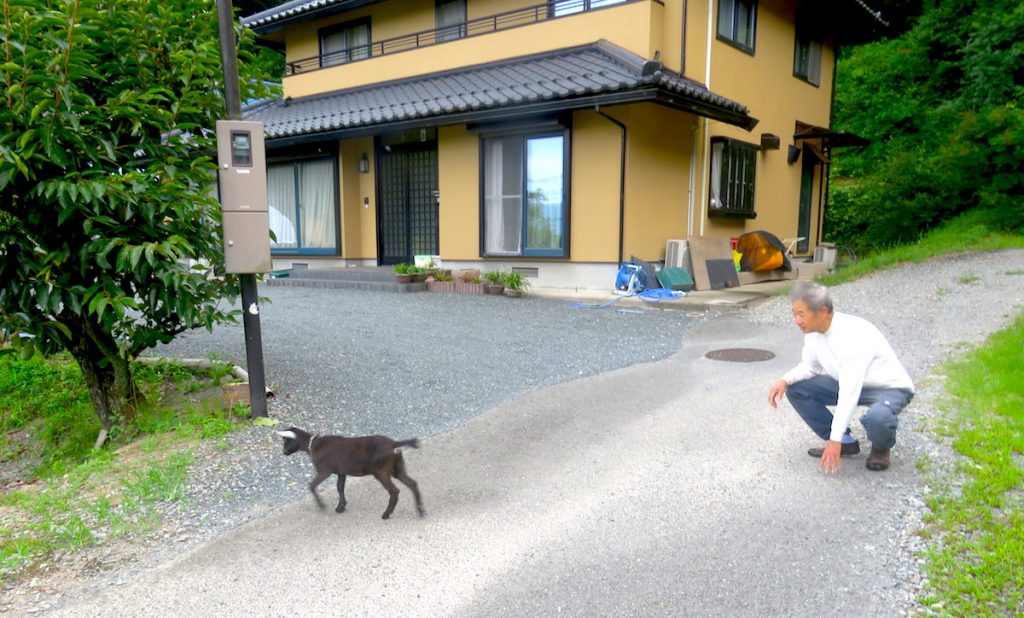
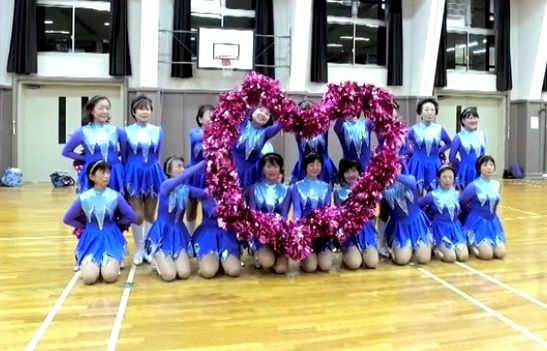


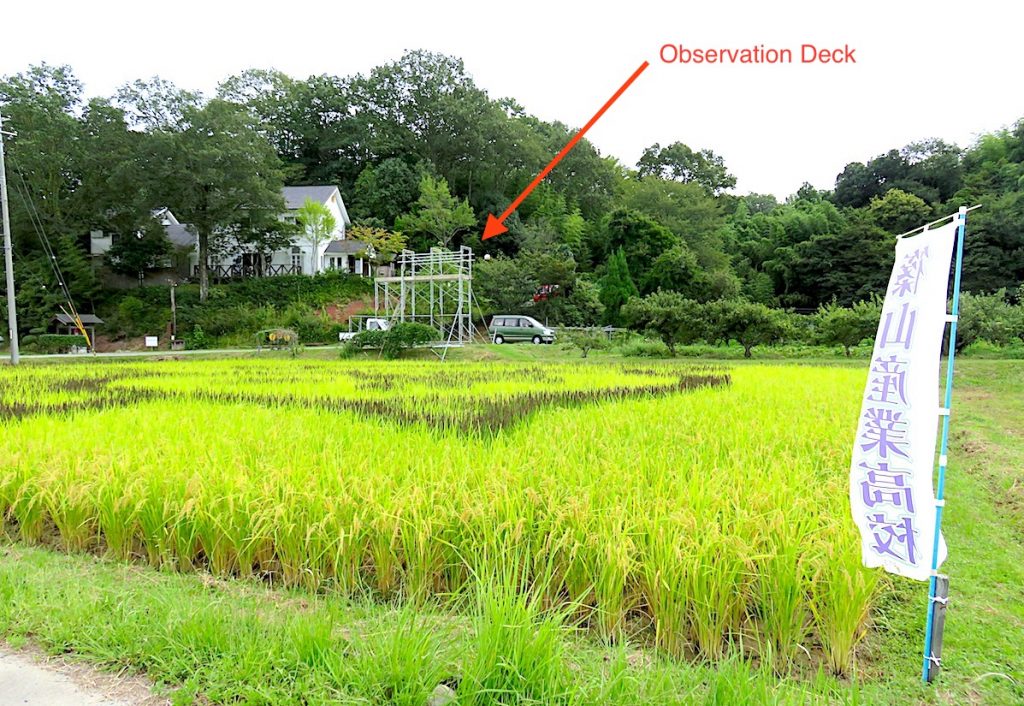







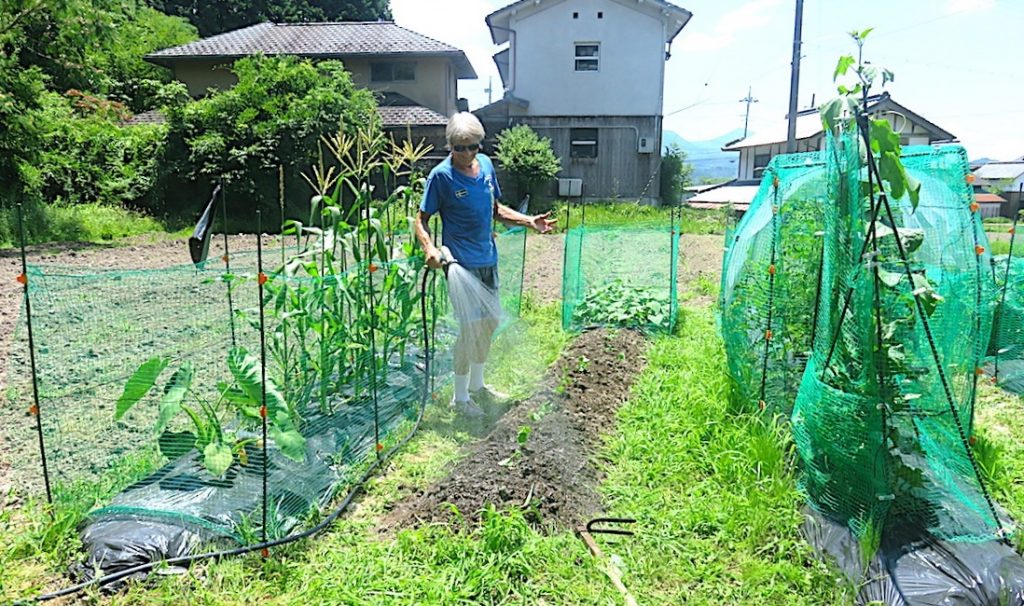


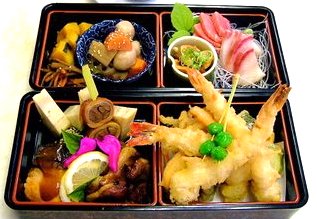

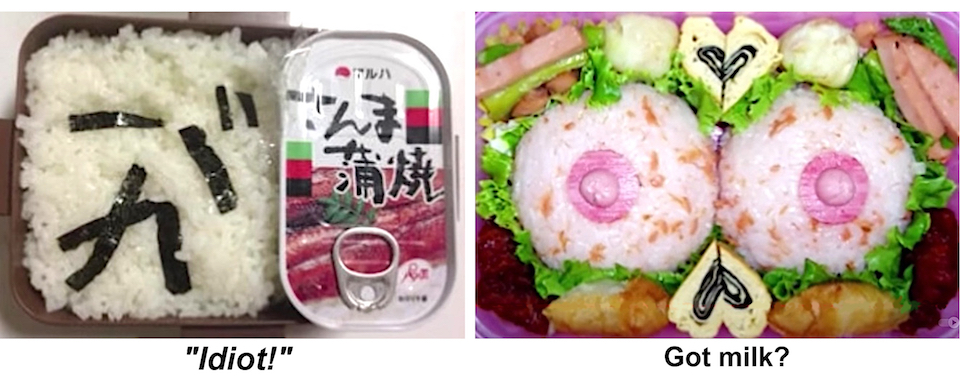
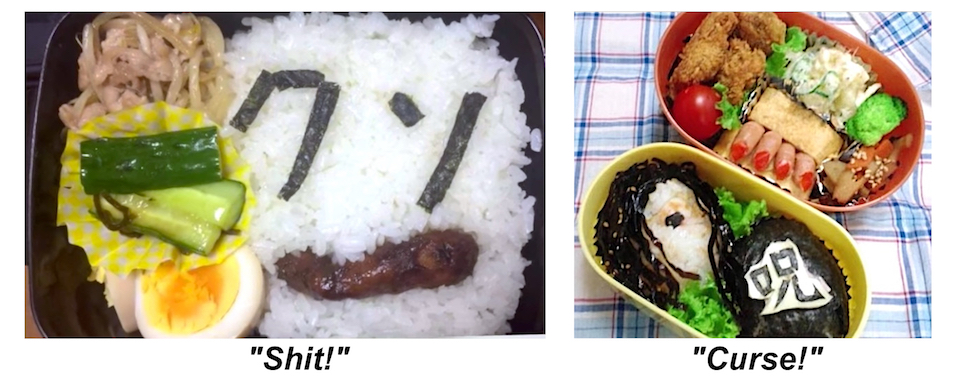
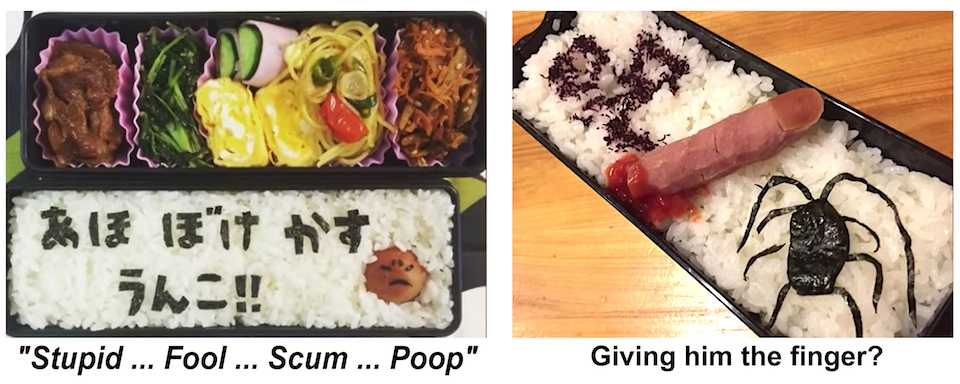
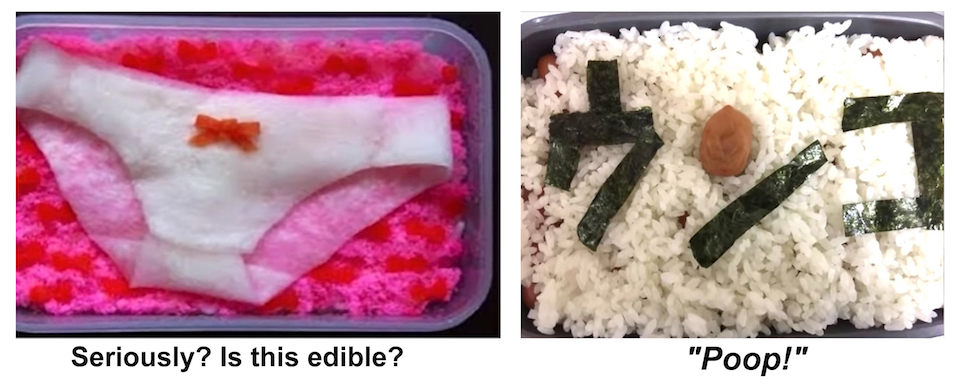
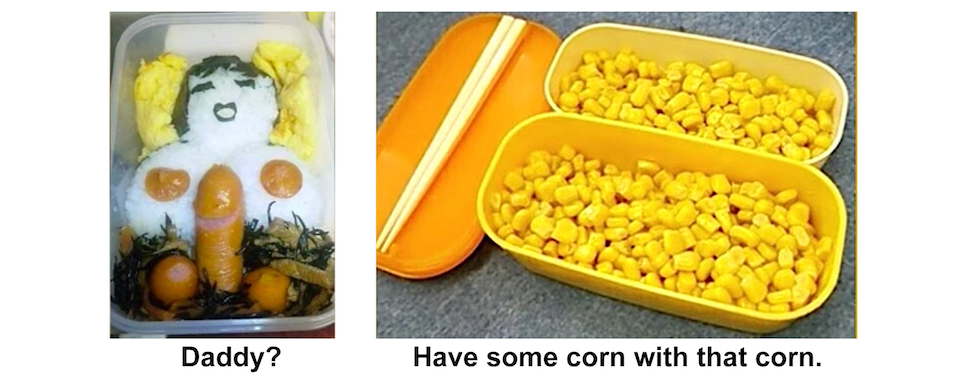
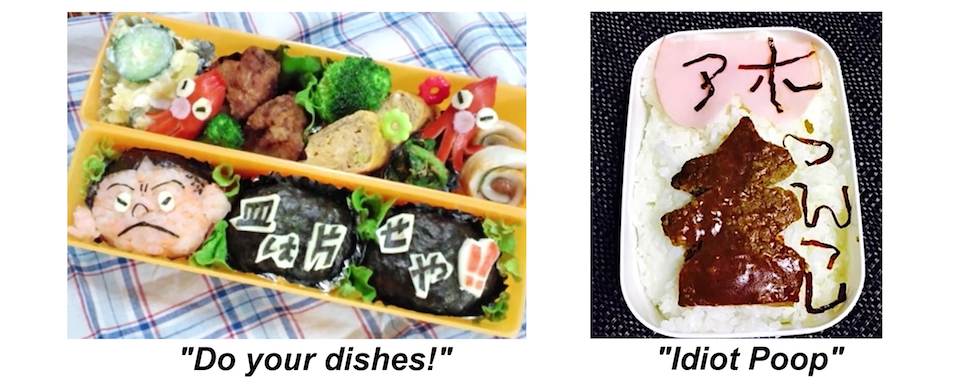
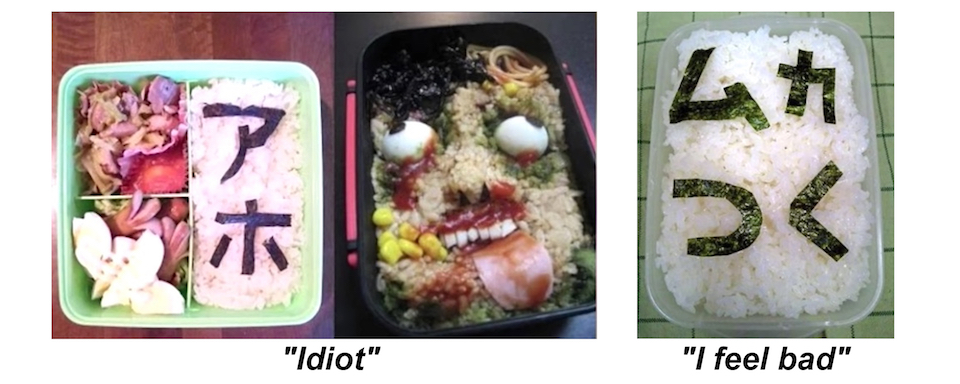


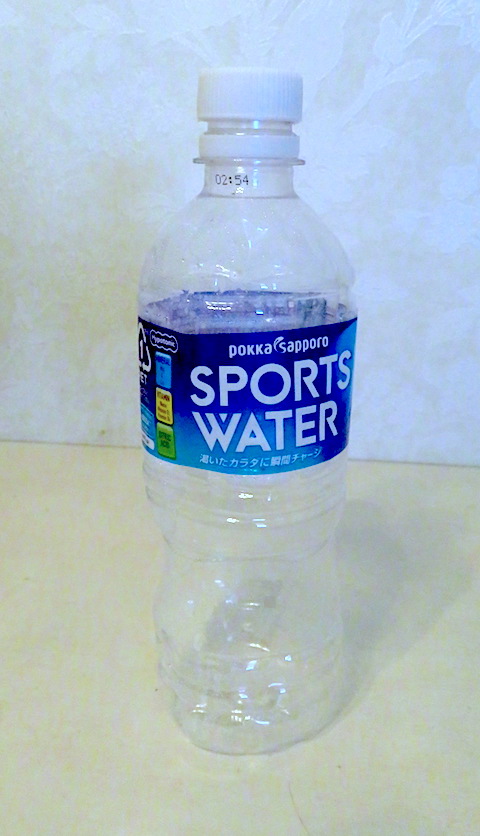
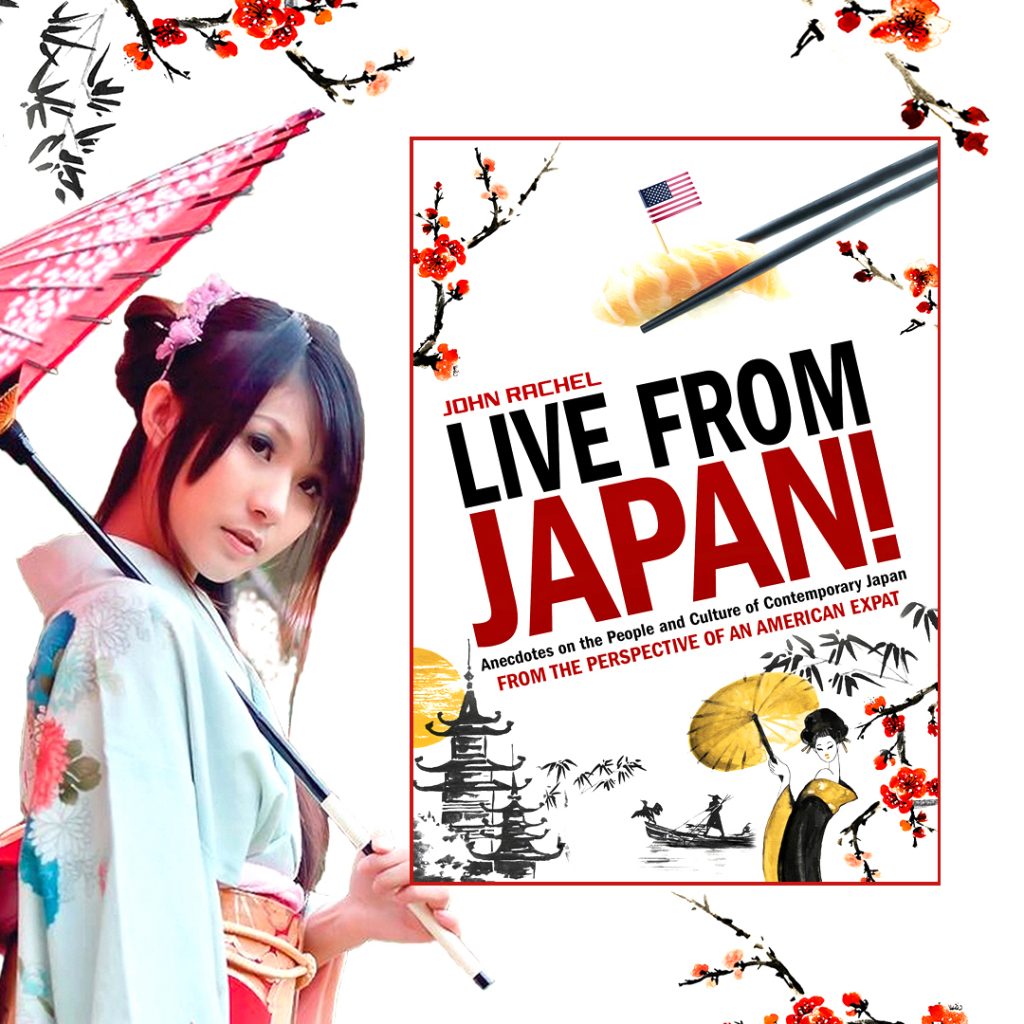



Life In Japan: Where Aging Is Valued
Yesterday was a national holiday here in Japan.
I didn’t give it much thought. Of course, I was extremely glad that Masumi, my wife, had time off from teaching school, and we could spend the entire day together. Moreover, a major typhoon was heading our way, so we were preoccupied with preparing the house and garden for a combative assault by Mother Nature.
Then the doorbell rang. I answered it and there stood a gentleman from my local village. He handed me the gift package pictured above. Then it hit me . . .
It’s Respect for the Aged Day!
As I’ve explained before, national holidays here in Japan are by Western standards rather unique. Overall they are not nationalistic. They are more cultural. But they’re not like Mother’s Day or Father’s in the West, which are more like National Cat Day or National Talk in An Elevator Day, which aren’t official holidays at all. These national holidays, which celebrate everything from coming of age (turning 20) to mountains and children, are official holidays! The banks, post offices and most businesses are closed.
Now get this! Because yesterday was Respect for the Aged Day, every person in my small city of about 50,000 people who was 75 or over, received a gift package from the city. Let that sink in!
The package consisted of Japanese tea, and various treats. There were a couple cakes that were scrumptious! But I admit that I find some snacks here a little odd. In this package, there were seaweed crackers, pancakes filled with red bean sauce, green tea flavored udon (noodles). What you see on the right is kelp candy. No, that’s not a typo. It’s chewy candy made from kelp, harvested from the sea. It’s like munching on licorice that has no flavor.
As they say, it’s the thought that counts. And the thought here is one of extraordinary generosity and kindness.
By the way, there was a special letter included in the box. It conveyed a charming message of appreciation. Paraphrasing, it said: “You’ve lived many years, faced difficult challenges in your life, struggled against adversity. The people of Tambasasayama want to thank you for your hard work and your dedication and service to others. May you continue in good health and live a long and happy life.”
As ‘racism’ is discrimination based on race, in the West, ‘ageism’ is discrimination based on age. Someone is elderly, thus they are not accorded the same rights and courtesies as someone younger. They are dismissed personally as less able, and socially as less worthy. But here in Japan, ‘ageism’ — if there is such a thing — has the opposite effect. Ageism here accords an elderly person greater respect, preferential treatment, additional courtesies and admiration based on their advanced age.
What a completely different, and for me at 76, awe-inspiring attitude! Getting older may be inevitable. But in Japan, it doesn’t equate to being “disappeared” or forced to live in the margins of someone else’s life. The kids here don’t shuttle mom and dad off to some convalescent home when they get old, then visit them once a month, if they’re not too busy. The kids here make a room for them in their own home and they all live together again as a family.
Let that sink in!